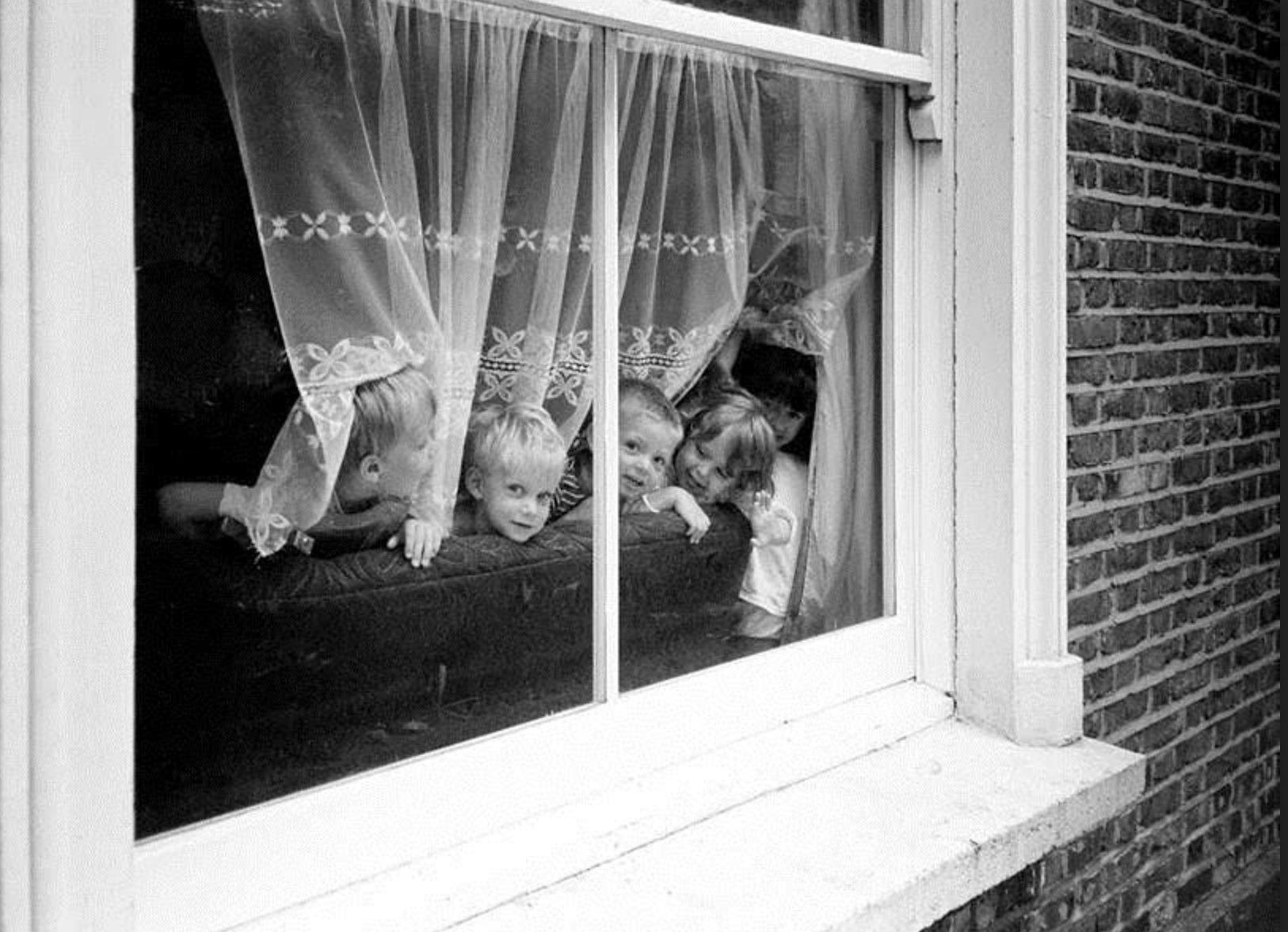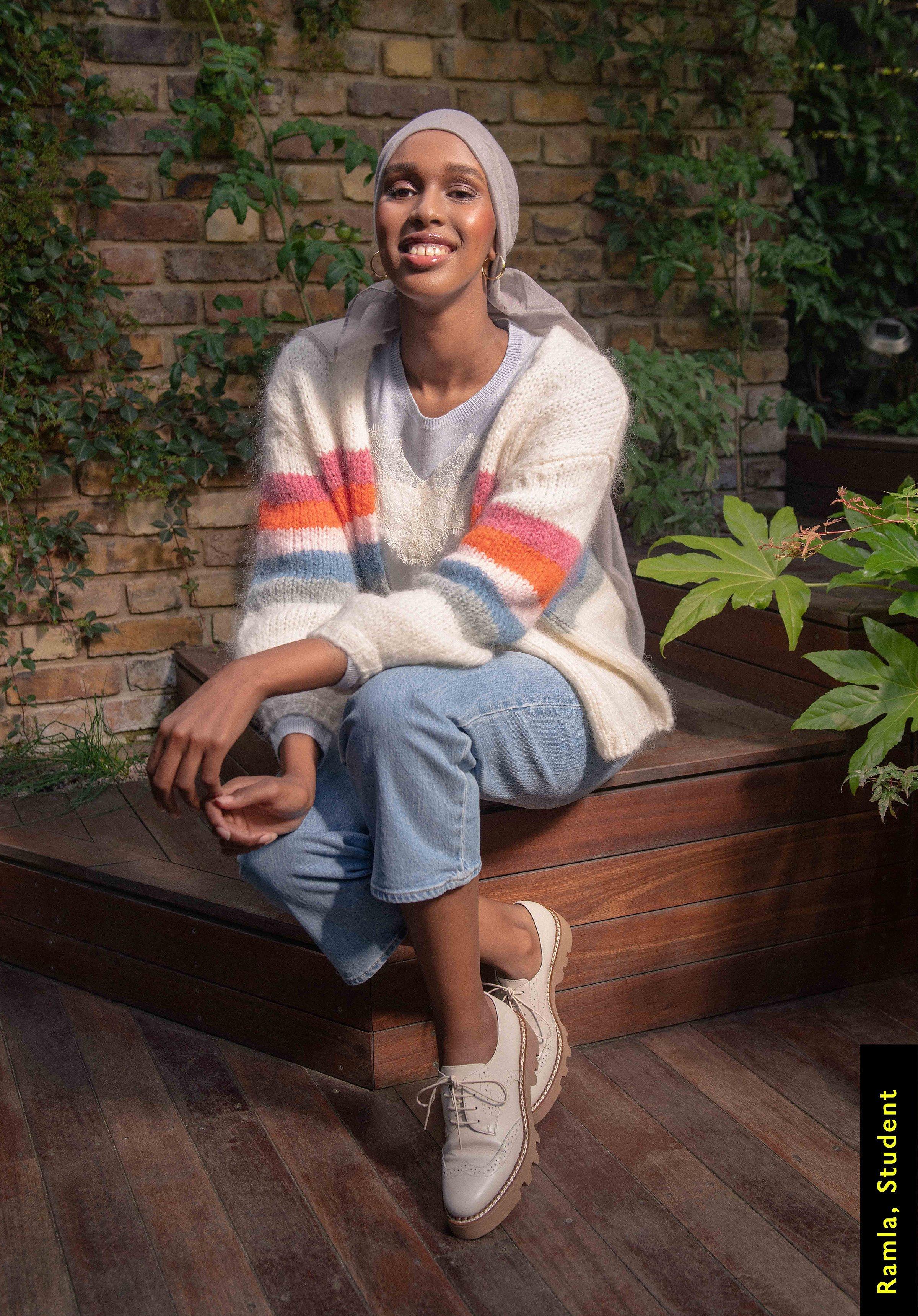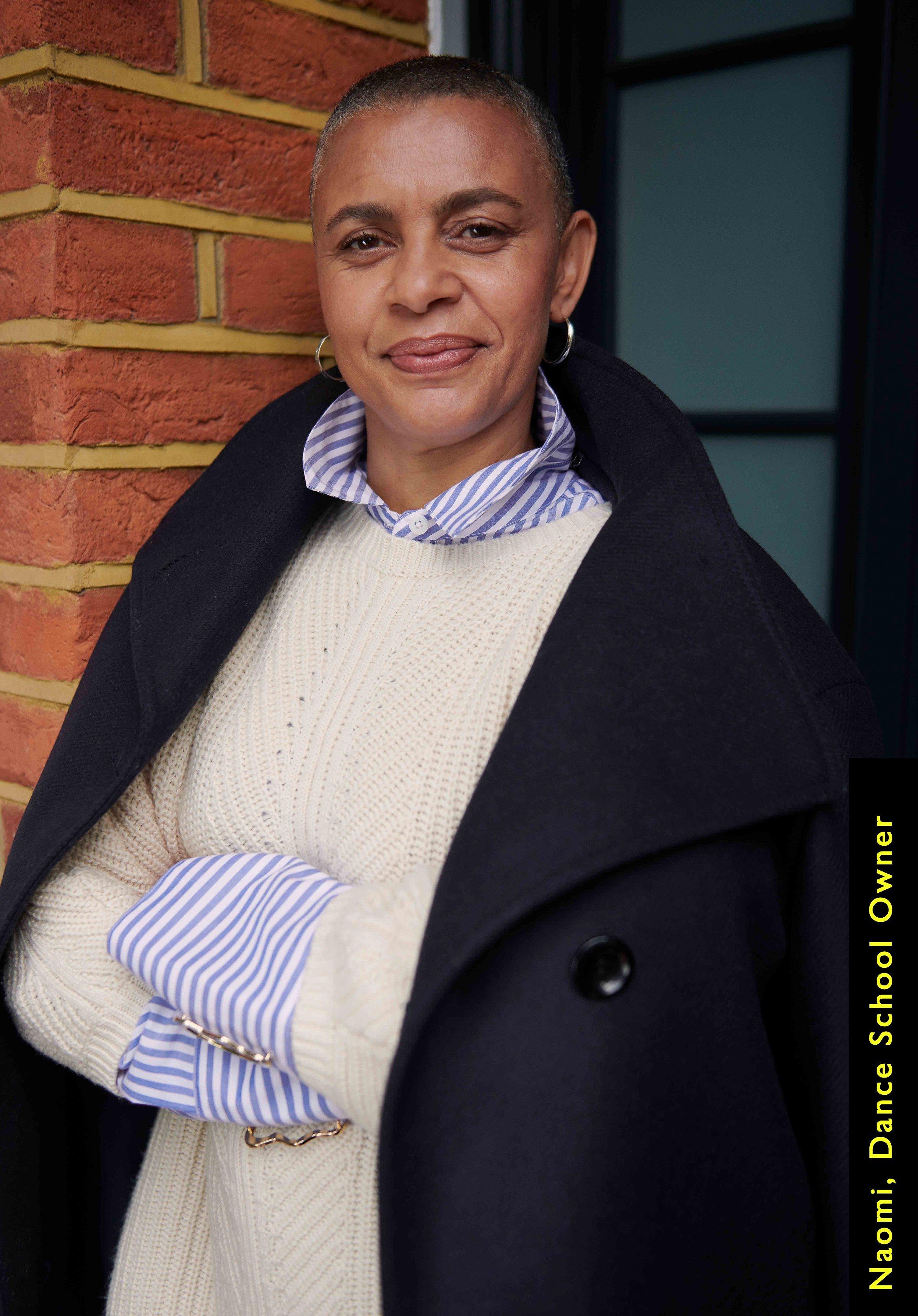As we partner with the national domestic abuse charity, we find out more about the work it does amidst record rises in demand for its services
A lot can happen in 50 years. It was 1971 when Refuge opened the doors of its first safe house – the premier facility of its kind. ‘Opening the world’s first refuge is something Refuge is very proud of,’ explains Lisa King, director of communications. ‘It was quite underground at the time and it opened without fanfare through word of mouth and women just flocked to it. It was the first time that anyone had really spoken about the subject matter and it became apparent how prevalent the issue was.’
From there, a whole political movement was kick-started to push government to understand the need for safe spaces for women. Since then, Refuge has grown to become the country’s largest single provider of specialist support to women and children escaping domestic violence and other forms of gender-based violence.
The stats are sobering. One in four women in England and Wales will experience domestic abuse at some point in their lives. Two women are killed by a partner or former partner each week. Three women commit suicide every week to escape abuse. And, on any given day, Refuge supports more than 6,500 women and children across its residential emergency accommodation and community outreach services.
‘Refuge has evolved by really listening to the needs and experiences of women,’ explains King. ‘The number of services has certainly increased a lot in the last near 50 years but sadly the demand outstrips the supply and there’s still a great dearth of refuge spaces for women and children to turn to.’
What people might not realise about the charity is that in addition to its emergency accommodation network (with residential facilities nationwide), Refuge runs a sophisticated, national network of specialist services ranging from support in the community, culturally specific services and a diverse independent advocacy provision spanning legal advice, technological abuse support and outreach for women at the highest risk of serious injury and homicide. Then there’s the freephone 24-hour National Domestic Abuse Helpline, something King refers to as ‘the fourth emergency service’.
Refuge’s Helpline came into its own when COVID-19 hit. This is a very busy service at the best of times, but during lockdown calls and contacts logged rose dramatically – and still remain very high.
‘During COVID, we did a big job of raising awareness of that service and making sure people knew it’s there,’ recounts King. She cites the 6th of April as the day ‘the country took note’, after an emergency appeal for donations on Radio 4, among other media outlets. Visits to the website went up 900%.
‘We had an amazing outpouring of support from the public. I think they could really empathise and think: what it must be like to be locked in with your perpetrator?’ As she explains, while it was very unusual for all of us to live a life of lockdown for that short period, for women who experience domestic abuse they live in lockdown their entire life. They are monitored, controlled, prevented from making choices and their freedoms taken away.
In May, in response to COVID, Refuge launched a new ‘live chat’ function. The window to call for help when living with an abusive partner is normally very limited, but that becomes increasingly narrow when isolated, such as under lockdown, so Refuge provided new ‘silent’ methods of accessing support. Women have flocked in their hundreds to use this service. Seventy per cent of ‘chatters’ are are survivors – the majority of whom sought advice on remaining safe while living with an abuser. The chat function’s ‘quick exit’ button means that if they need to, women can access the chat safely and swiftly.
Lockdown has been horrendous for women experiencing domestic abuse and has exacerbated what are already traumatic experiences. As Refuge knows all too well, finding new ways to communicate with women who need support has never been more important.
‘Supporting women in as many ways as possible has never been more challenging or as important as right now during COVID. But to offer support to women we need to be able to reach them,’ adds King. ‘That’s why we’re delighted to be working with John Lewis & Partners – Style With Purpose gives us the opportunity to not only raise vital funds to keep our services running, but also gives us the chance to share information about the support Refuge offers with those who need us. Together we can make a life-saving and life-changing difference to many lives.’
Spotting the signs of domestic abuse
If you are concerned for yourself or a loved-one, these are some of the questions Refuge lists as indicators that abuse could be in play.
Is your partner excessively jealous and possessive?
Is he charming one minute and abusive the next?
Is he stopping you from seeing your family and friends?
Do you feel isolated?
Is he constantly criticising you and putting you down in public?
Does he embarrass you, often in front of family and friends, so that you are seen in a bad light?
Does your partner play mind games and make you unsure of your own judgment?
Does he tell you you’re useless and couldn’t cope without him?
Does he control your money?
Does he tell you what to wear, who to see, where to go, what to think?
If you answered yes to any of the above questions, then you may be experiencing domestic violence.
For more information or to access support, visit Refuge or contact the 24-hour National Domestic Abuse Helpline, run by Refuge, on 0808 2000 247. You can make a donation here.
Style With Purpose – what your donation can do
In partnership with Refuge, we have launched Style With Purpose, a capsule collection raising money for the national domestic abuse charity. 15% of the retail price of every piece sold will be donated to Refuge. This is what the money could be used for:
£10 could cover the cost of responding to a call from a woman affected by domestic abuse.
£15 could give a child toys, books and games to help them keep busy during isolation.
£23 could pay for half a day of training for a new Helpline volunteer, allowing Refuge to answer more calls from women who need them.
£25 could buy food supplies, toiletries and cleaning products to help a family stay safe and healthy.
£52 could cover the cost of a night in a refuge for a woman and her children fleeing domestic abuse.
£75 could give a remote community worker a mobile phone to provide a woman with life-saving support.
£110 could help fund the running of the Helpline for an hour.
£234 could fund the training of a volunteer to provide expert, life-changing support to women on the National Domestic Abuse Helpline.
£2,651 could cover the cost of running the Helpline for a day, ensuring we can support women affected by domestic abuse.
Image: Julian Nieman







